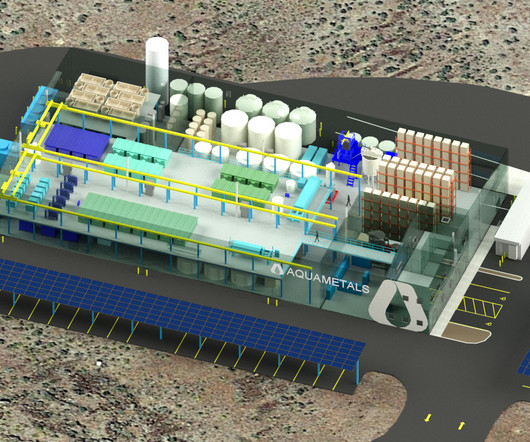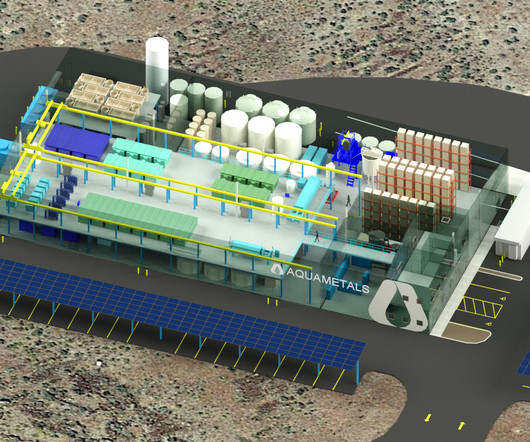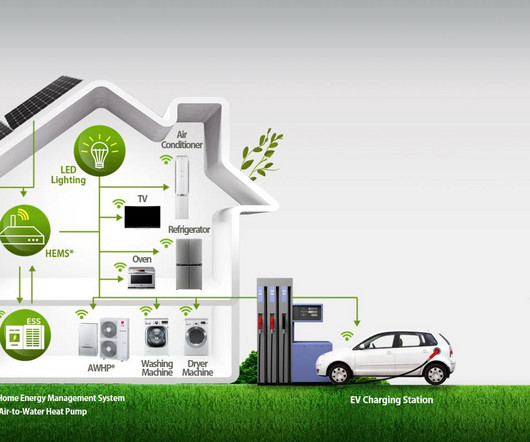MITEI study finds hydrogen-generated electricity is a cost-competitive candidate for backing up wind and solar
Green Car Congress
AUGUST 29, 2021
A team at MITEI (MIT Energy Initiative) has found that hydrogen-generated electricity can be a cost-competitive option for backing up wind and solar. Applying the model, they found that the average LCOE associated with meeting this seasonal imbalance is $2400/MWh using a HFGT fueled with green hydrogen and $3000/MWh using a LI.
































Let's personalize your content